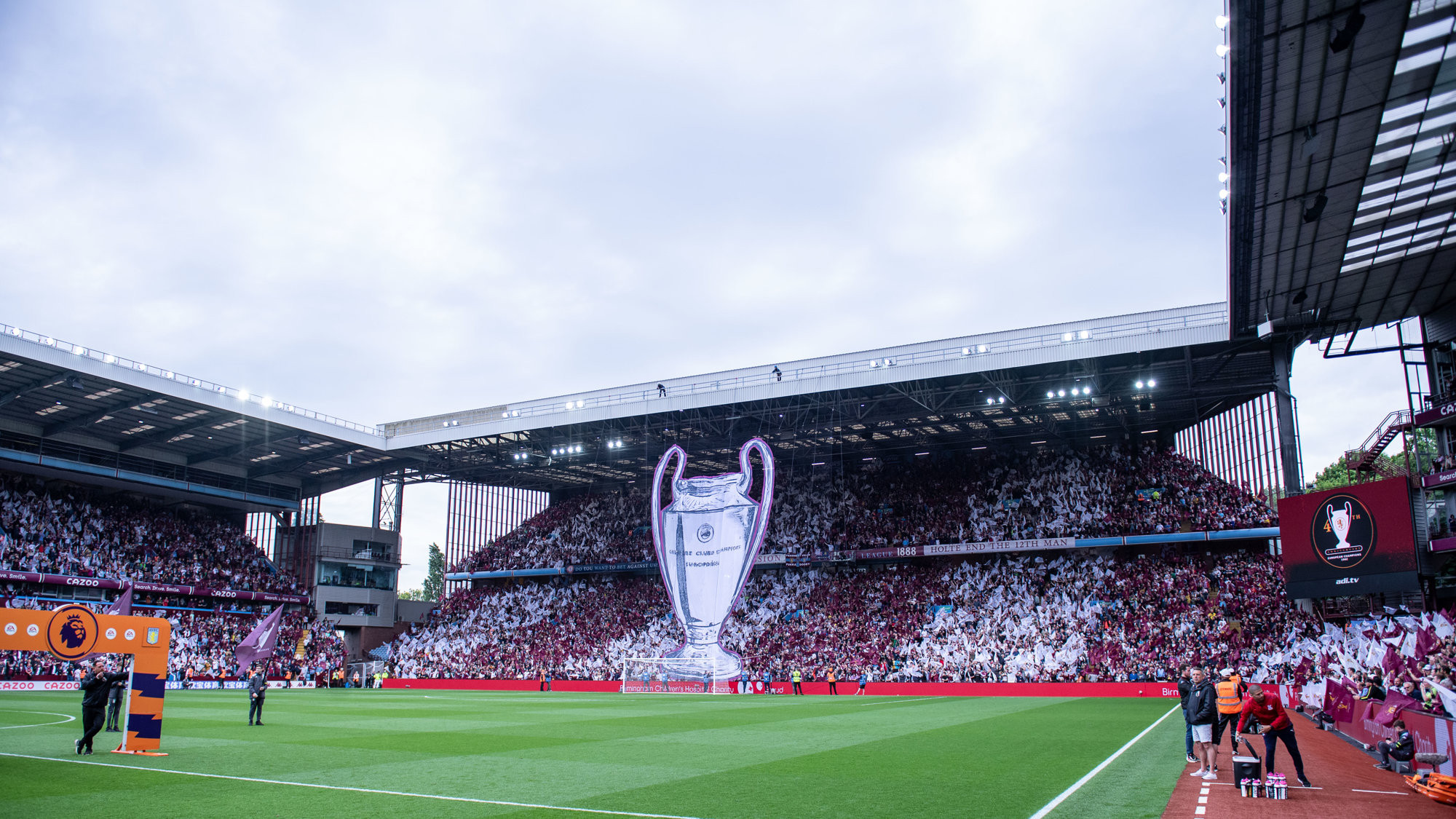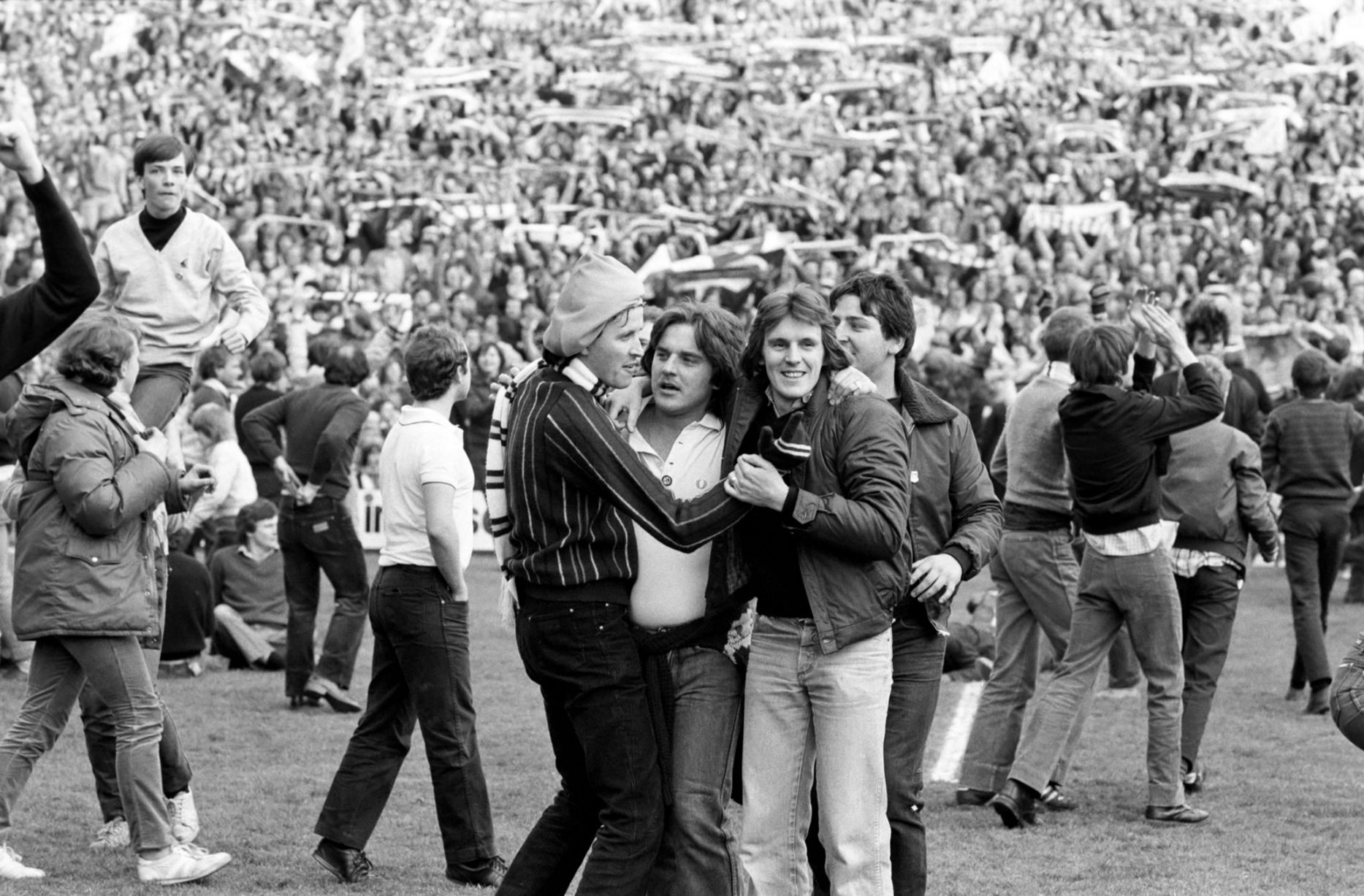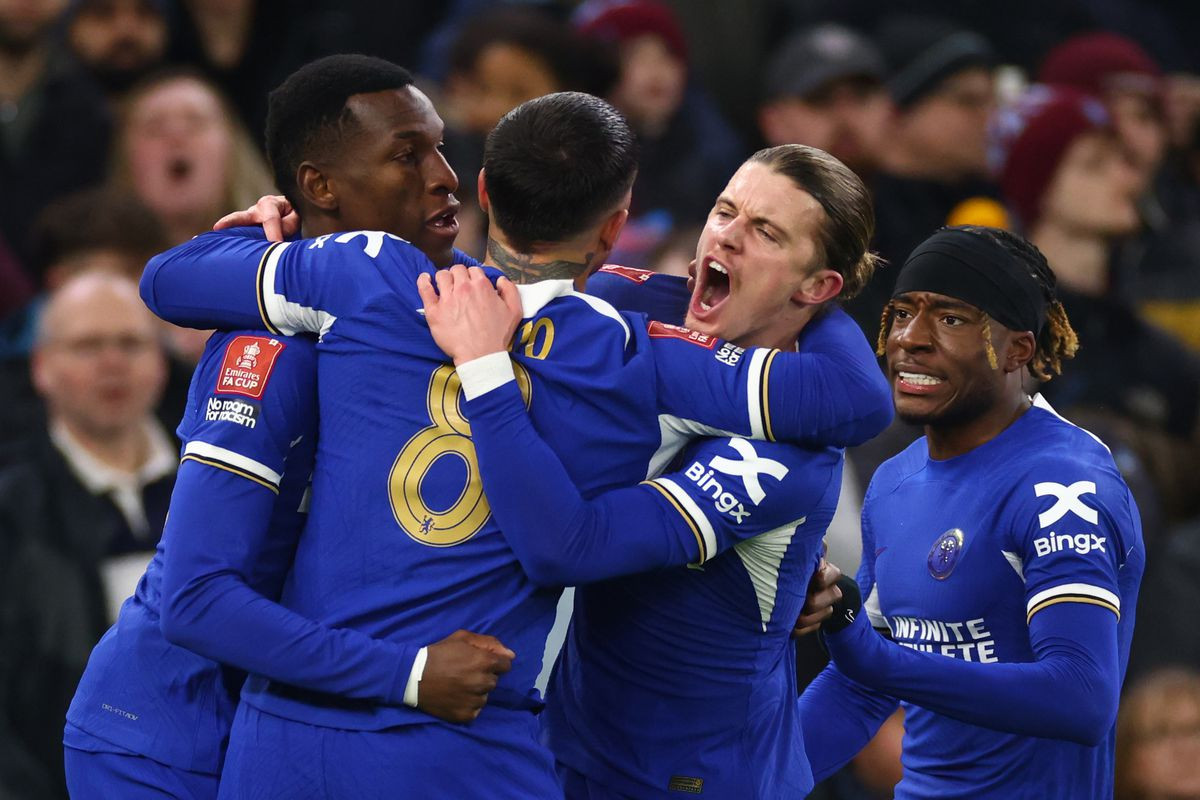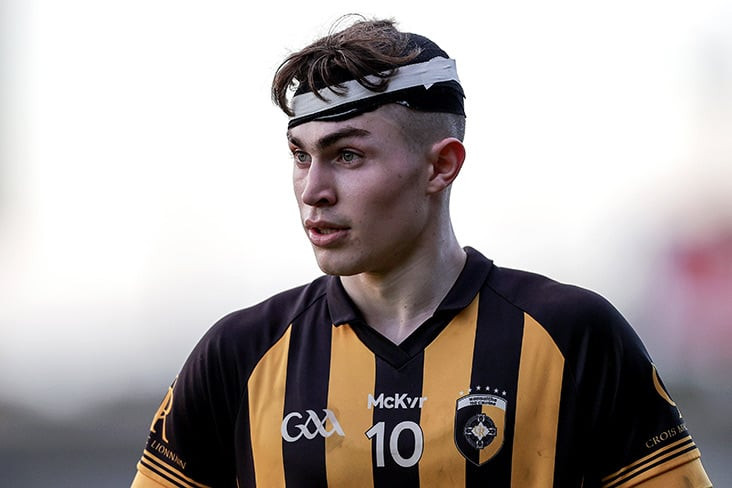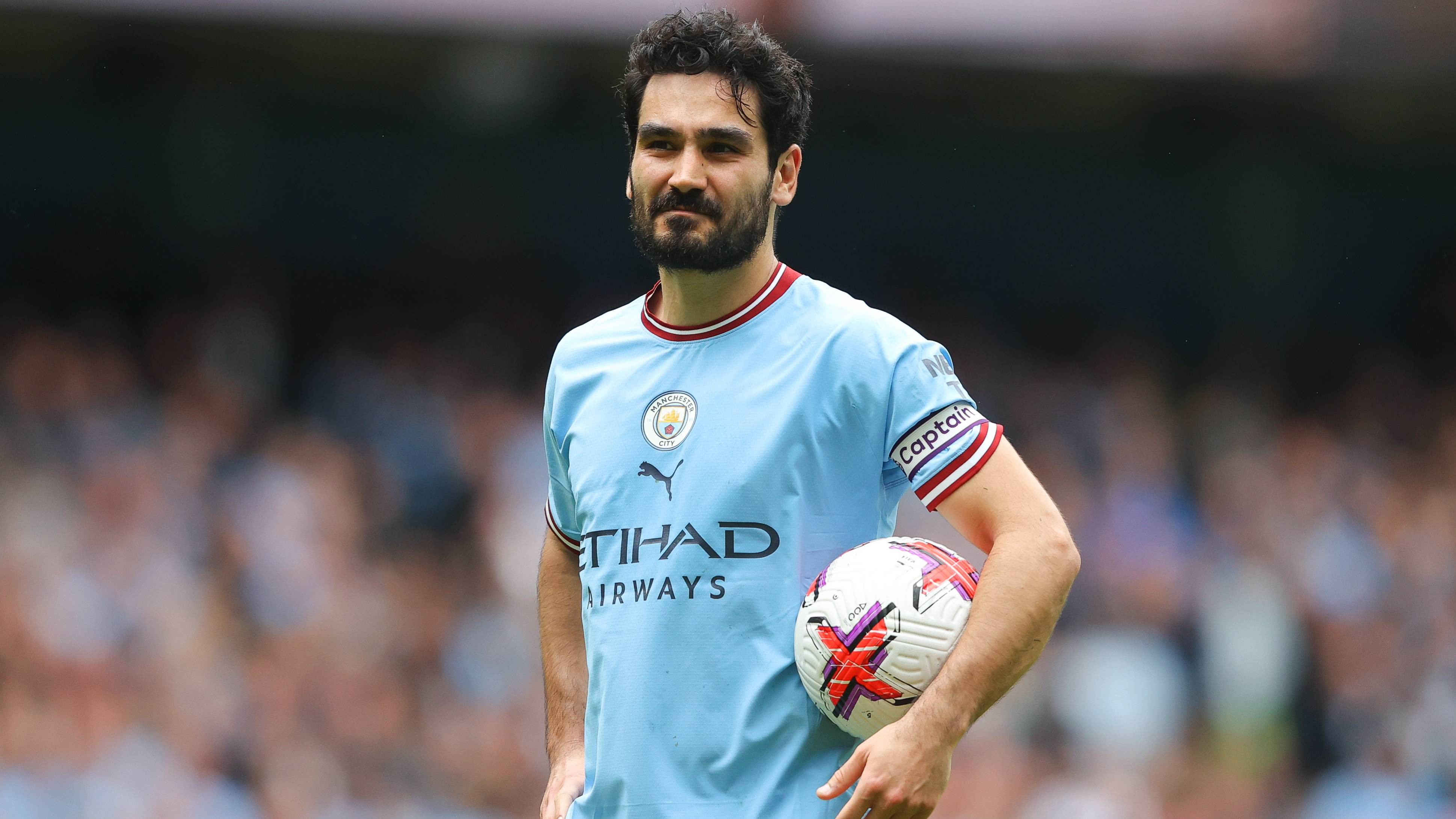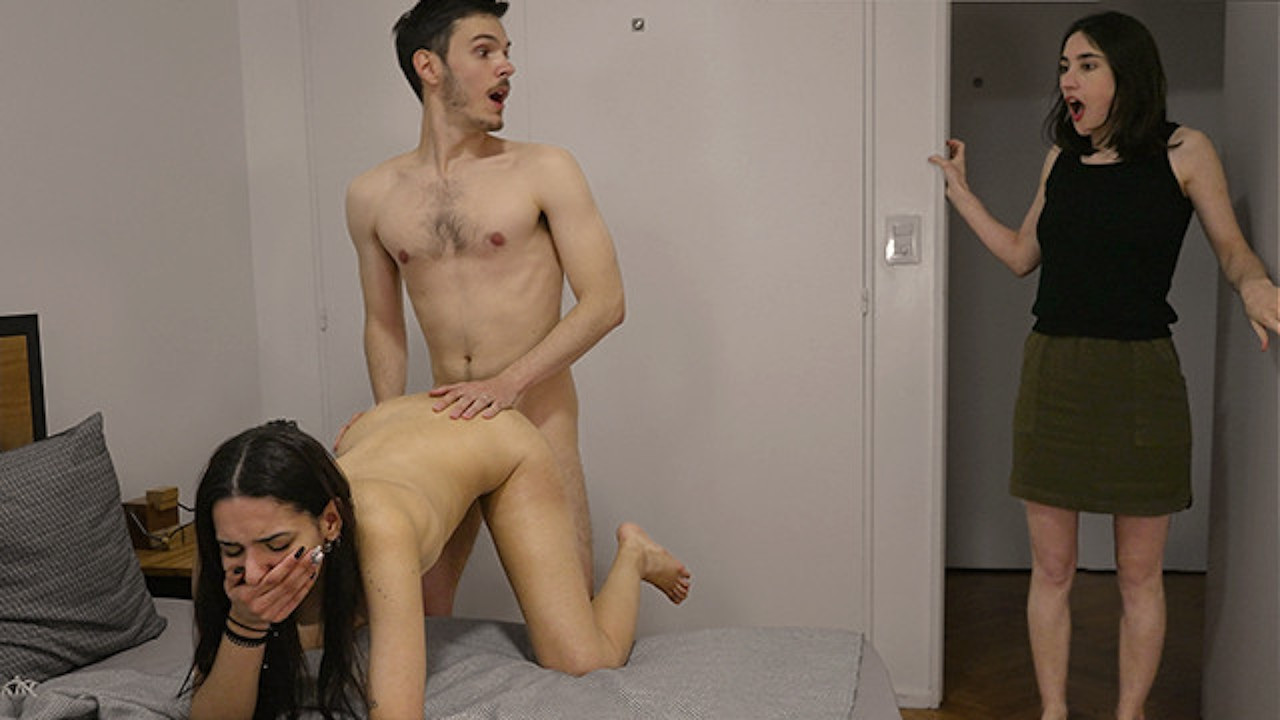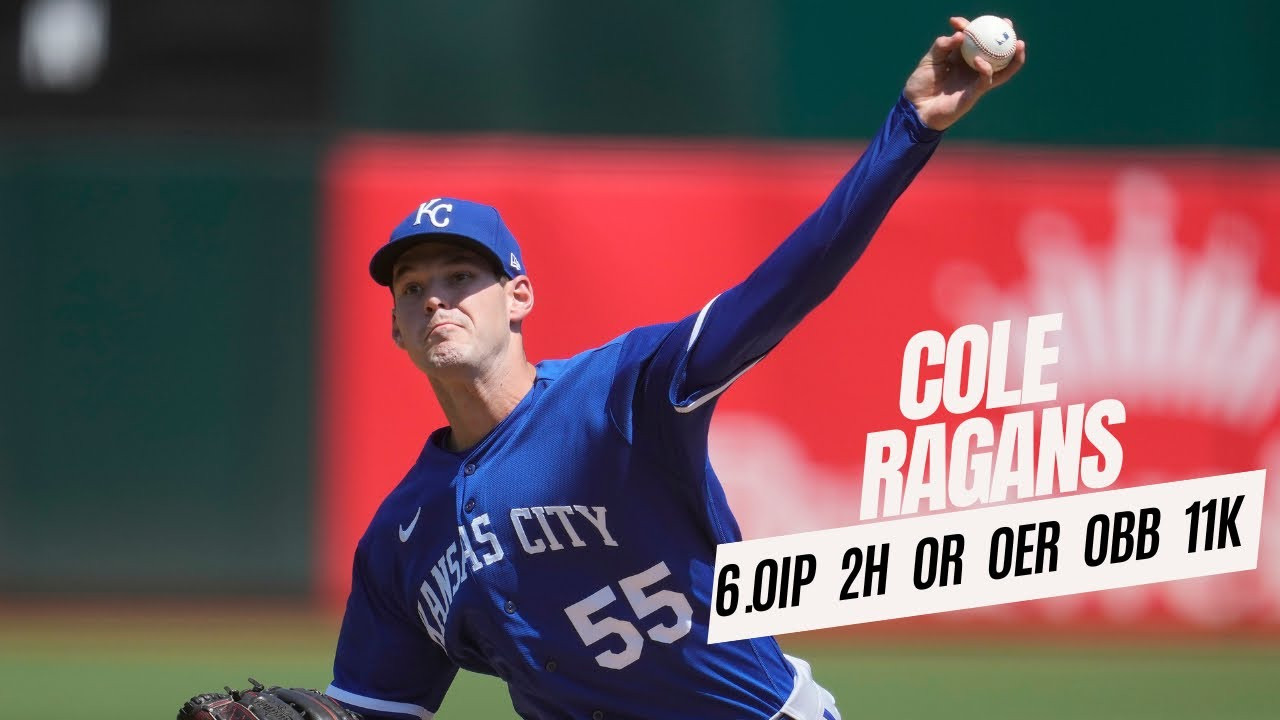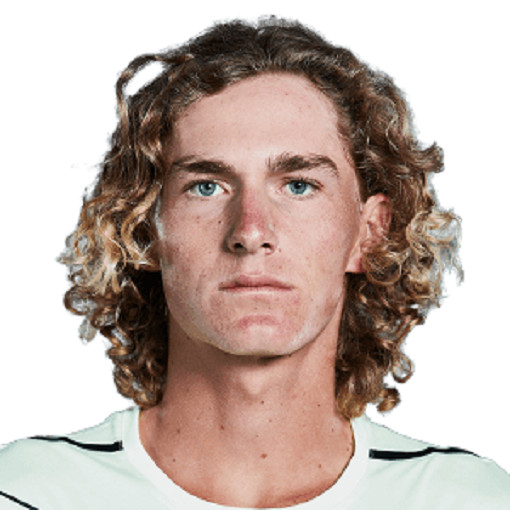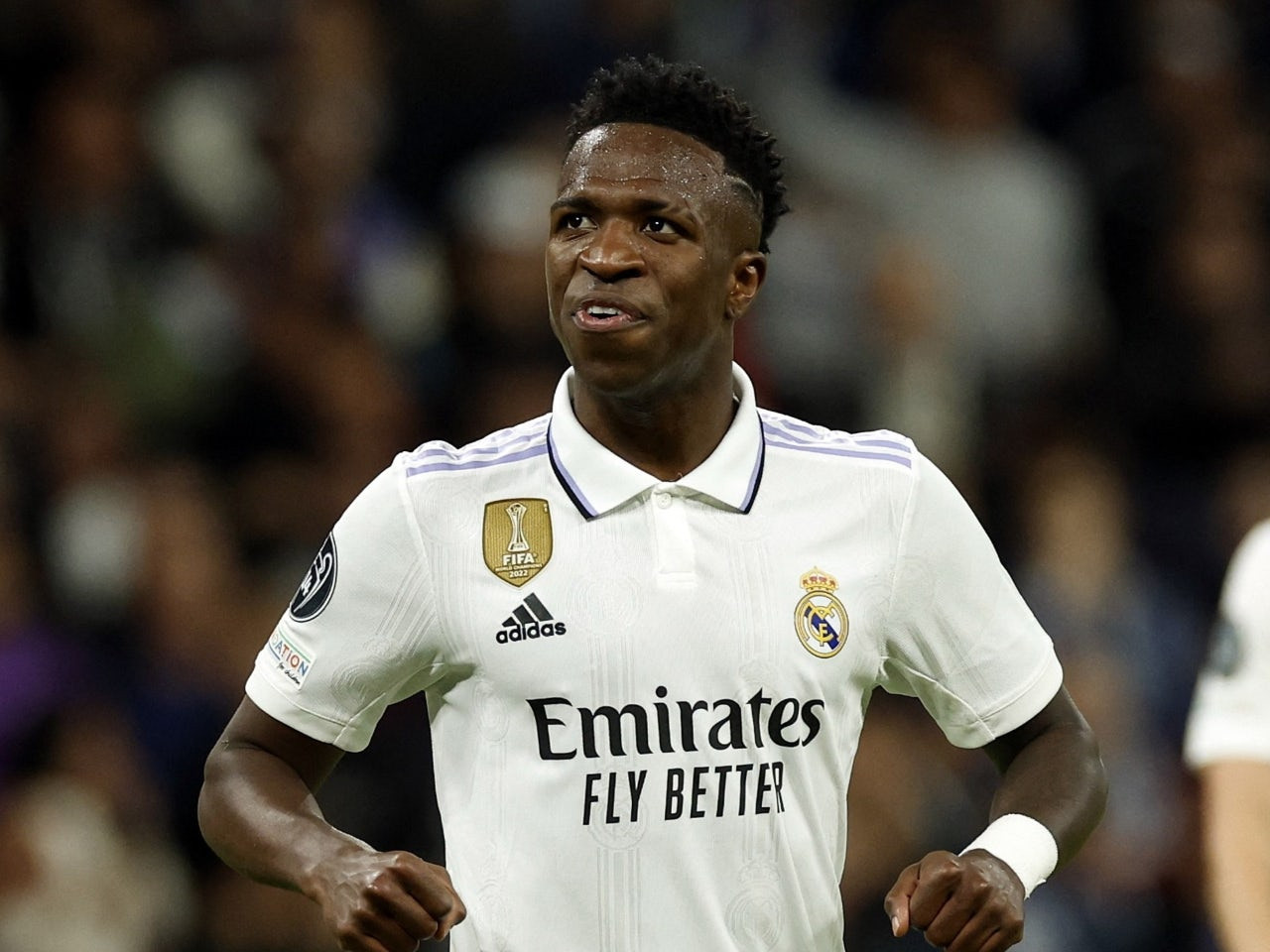As the club return to Europe’s top table for the first time in 41 years we talk to players who made history back then
Nigel Spink, goalkeeper: The first thing I must say is we are all devastated to learn of Gary Shaw’s death. Gary was such a big part of Aston Villa and the club’s European Cup success. My role in the win over Bayern Munich in the 1982 final was a much more unexpected one.
The whole scenario for me was surreal because back then there was only one substitute in the league, so a goalkeeper was never on the bench. I played for the reserves in the old Central League and my only other first-team game had come in 1979. Having five substitutes in the European Cup was a novelty – but very rarely did a substitution happen for tactical reasons. As subs, we thought we were highly unlikely to get on. Then I came on nine minutes in because Jimmy Rimmer was injured.
I didn’t have a chance to get nervous. There weren’t four or five minutes to get my shin pads on, tie-ups sorted … I just took my sweatshirt off, I was ready to go. The gloves were on. Within about 30 seconds, Bayern put an aimless ball into my box and I claimed it, got a good feel of the ball and felt a part of it. I speak now to some of the supporters who were there and they say: ‘We didn’t know who the hell you were. Jimmy had been goalkeeper for five years, had hardly missed a game.’
It is always round the corner, even after all these years. I’ve had supporters come up to me everywhere from Australia to South Africa. There are quite a few Villa supporters in work; I deliver palletised freight and if I go into a business in the Netherlands, six times out of 10 I’ll jump out and the forklift driver will recognise me and we’ll have the ’82 chat. When I started my own business I went into The Pallet Network in Birmingham. Thirty seconds after pulling out, I got a phone call and it was a guy called Mark Kendall, who was the network’s managing director. Mark was Villa’s No 3 goalkeeper in ’82 … and he ended up becoming my boss.
I’m going to the Bayern game [on 2 October]. I think it will be an emotional but fantastic night. Three years ago I emailed Bayern asking if they had my shirt. Myself and my wife go hiking every year in the Alps and our route took us on the autobahn past the Allianz Arena. I got an email from Bayern’s museum saying they’d love to do a swap, because I got Manfred Müller’s jersey on the night. They looked after us like king and queen. We had a tour around the stadium, lunch – they made a real fuss of us.
The 1982 European Cup Final: A Night of European Glory
On a balmy spring evening in the Dutch city of Rotterdam, the team from Aston became European champions. It was May 26, 1982, when Aston Villa made history. They had been battered and bruised in the European Cup final by the might of Bayern Munich but, crucially, were not beaten. Instead, they defied pre-match predictions and odds, even after goalkeeper Jimmy Rimmer was forced off with a neck injury just 10 minutes in. On came Nigel Spink, making his second-ever appearance, to lead Villa’s defiance against Bayern’s wave of attacks. In the 67th minute, on a rare breakaway, winger Tony Morley set up Peter Withe to score, giving Villa their greatest night. “We lived dangerously but, in the end, we won it for Aston Villa, Birmingham, England and Great Britain,” said manager Tony Barton of what was just his 25th game in charge (Ron Saunders had resigned in the February).
The Impact of the Win on Aston Villa and the Players
The other thing that sticks out is how relaxed everybody was. I remember getting dressed to go the game and Radio 1 were wishing Villa all the best and it was like: ‘Gosh, yeah, this is a big match.’ On the coach from the hotel in Amsterdam to Rotterdam, we seemed to have the right atmosphere. One of the players brought a tape of a comedian, I’m sure it was Billy Connolly, and it was a really good call because we were all just laughing and joking and listening, and sort of forgetting what we were going to do.
Gary Williams, defender: We scored in the 67th minute in the final and it seemed there was an awful long way to go. We dropped back a little bit and those last 20 minutes seemed like 90 as they threw the kitchen sink at us. I was up against Karl-Heinz Rummenigge but I pushed forward a lot in the second half and when I watched the game back, Brian Clough said on TV: ‘He might regret this.’ And I did, I was really tired. But you just wanted to be a part of it all the way through. It does stay with you. It doesn’t shape your life … but it’s a massive part of it.
The following season we came across Juventus in the quarter-finals and they were a bit like the Real Madrid galácticos. Full of superstars: Platini, Boniek and they had six or seven Italy internationals. Over the two legs they were a better side than us. In the league, there was a bit of turmoil. Doug Ellis returned as chairman and basically dismantled the side over a couple of years. It was a real key moment for Villa. We went down in 1987 and looking in the dressing room that season it was almost like playing in the reserves, because there were so many young players. We fell out of the league, five years after winning the European Cup.
I remember watching a game on TV and thinking: ‘I swear I just saw my name.’ It was the first time I saw Brian Moore’s commentary of the 82 goal on the banner in the North Stand: “Shaw, Williams, prepared to adventure down the left. There’s a good ball played in for Tony Morley. Oh, it must be! And it is!! Peter Withe!!” Whenever the camera pans up to the stand, it does give you a warm feeling.
Memories of the Night: From Players to Supporters
A lot people don’t know Villa had done a deal with Nike to wear their boots for the final, and at the time they were like concrete. I didn’t wear them – myself and Gary Shaw had our own sponsors – but three or four of the lads got blisters the size of eggs. I was thinking after the game: ‘We could have lost the European Cup on that.’ Is there any other team that have won a European Cup when four or five of the lads have put new boots on and spent three-quarters of the game with blisters? It wouldn’t happen now.
Tony Morley, winger: After the game, we had to wait for quite a long time for Peter Withe and Ken McNaught because they had to have drug tests. Ken and Withey saw a bloke walking up and down with crates of Heineken beer, got hold of them and cracked the Heinekens open because they were that dehydrated they couldn’t pass any fluids. About an hour later, they came into the dressing room half tanked up having had more drinks than us. By then, the rest of the lads had got showered, changed and were wanting to go to the afterparty in Amsterdam, where our partners were waiting for us.
It is the pinnacle of Villa’s history. I hope this Villa team can go on and do the same; the place is absolutely buzzing. In Unai Emery’s team now Morgan Rogers has caught my eye. He’s a big lad who wants to run with the ball, which was my game. He goes at people from midfield and he can make these incredible 70-yard runs, very similar to Dennis Mortimer, which are hard to pick up. He’s got power. The modern game is not suited to defending so if you run at people, they’re often terrified.
The Legacy of the European Cup Triumph
This season Villa will play eight games just to qualify for the knockout rounds. We played eight games to get to the final. Now it is at least 14 games to get to the final. It is a different ballgame now … at our training camp in Rotterdam we couldn’t try things out like free-kicks and set plays because there were too many people around watching. That season we had a manager – first Ron Saunders, then Tony Barton, who had been our chief scout – and we had a coach, Roy MacLaren, and a physio, Jim Williams. That was it. There was nobody doing analysis, nutrition or GPS data. It was very much: ‘Are you up for it today?’
Dennis Mortimer, captain and midfielder: The headline in the German magazine 11Freunde reads: [Wer hat mein Trikot?] ‘Where is my shirt?’ If you look at any of the photos from after the final, you’ll see some of our team have Bayern shirts on after swapping on the pitch. But I kept my Villa shirt. Our kit man said to the rest of us: ‘Do you want me to take your shirts in and swap them for Bayern ones?’ He came back with the shirts that were left; the big names like Rummenigge, Hoeness and Breitner had been snapped up. Now my nephew, Craig, is doing everything to find my shirt. If we can find mine, then I’ll give the Bayern one I have, which belonged to Udo Horsmann, to whoever’s got it.
To win that trophy after winning the First Division … you couldn’t wish for two better seasons. I mean, where do you go from there? Lifting the trophy, that moment lives with you for ever. It’s the most iconic trophy a player can win at club level; you admire its sheer size, the big handles, the bulbous body. In those days everyone could take the trophy home, so I went into the club and drove it home in a box. I invited my family down from Liverpool and my son, Richard, was about two – so I fitted him in it and took a photo.
We beat Barcelona to win the Super Cup in 1983 and dreamed of winning the European Cup two seasons on the trot like Nottingham Forest had done in 1979 and 1980. Losing was tough.
The European Cup: A Legacy That Endures
Colin Gibson, defender: We took the trophy to local pubs and supporters’ clubs. Myself and Gordon Cowans were in the Fox Inn, near Tamworth, and suddenly: ‘Where has the European Cup gone?’ I was absolutely cacking it. It was two or three hours of absolute hell. The lads ripped me to bits. ‘Gibbo, you’re the only one who has won the European Cup and lost it as well.’
A few hours later we got a phone call from police saying they had located it. A man had taken it off the bar and driven up to Sheffield before handing himself in.
I was sat next to Spinky on the substitutes’ bench. ‘Well, Nige, all the best mate, we’ll be watching, no pressure.’ We just took the mick, really. We only used 14 players to win the league the previous season, which is incredible. We had something special; it wasn’t just one player who we needed to play well to win a match.
We won the league in 81, the European Cup in 1982 and then I got married. My wife, Kim, who I met when I was 17, worked at the club on the front desk and then climbed the ladder. You would never have thought it would take 41 years to get back into the competition.
In those days you didn’t get paid that much – I was on about £300 a week, plus bonuses. I sold my winner’s medal to buy a new car after I’d finished playing when I was struggling to get a job. But it doesn’t take the memories away. I would love the club to win the Champions League – everyone says you wouldn’t because we were the only ones to have done it, but I’d be chuffed because it’s a club you love.
On Tuesday night, Villa will return to Europe’s top level, long since rebranded as the Champions League, for the first time since their title defence ended in the following season’s quarter-finals. They are away against Swiss side Young Boys in their opening match of the revamped competition’s league phase, before facing old foes Bayern at Villa Park on matchday two next month. The club’s return to the big stage has taken on extra poignancy after the sad news that Gary Shaw died, aged 63, on Monday. The former striker won the league title with Villa in 1981, before scoring three times en route to the European Cup final. The Athletic has spoken to supporters who were there in Rotterdam 42 years ago about their memories of Villa’s night of European glory…
The European Cup: A Night to Remember for Fans
“I worked for the Sports Argus, a Saturday-night paper in Birmingham. I was determined to go, though I wouldn’t be reporting because we just tended to do Saturdays. (In those days, the European Cup/Champions League final was still a midweek evening kick-off.)
“After the game, I made my way to the mixed zone. I had built a great relationship with the team. The lads were good to me. (Villa defender) Brendan Ormsby was walking past. He had missed out on being among the substitutes. I said, ‘Brendan, can you get me into the dressing room?’ He took off his players’ badge and skidded it across the floor, past security. I got in 20 minutes after they lifted the cup. It was absolute mayhem. Champagne everywhere.
“Once everything died down, I had to get home, but the captain Dennis Mortimer said, ‘We’ll take you back to Amsterdam and get a room for you’. I couldn’t believe it. The only player missing was Allan Evans, who had to go away on international duty with Scotland (at the World Cup that began a couple of weeks later).
“On our coach journey, Withe shouted, ‘We’ve got to go back, we’ve left the cup behind’. What Withey had done was hide the cup in the toilet (on the coach). He had this stupid grin when we were all panicking.
“I was invited to the players’ party at the hotel. The next day, everyone was bleary-eyed and I didn’t have a plane ticket but at breakfast, Dennis said, ‘You don’t need a ticket, ours is a chartered flight’. I sat at the front, with Dennis and the European Cup, back to East Midlands Airport.
“Withey was always the joker. Ken McNaught and Rimmer were the quiet ones. But it was a subdued journey home, because Kenny Swain (one of the players) heard the news HMS Coventry had been sunk (the previous day) during the Falklands War and 20 men had died. All the players stood for a minute’s silence.
“Barton told the coach driver to drop me off at Villa Park. In those days, you could take the trophy anywhere, as long as there were staff present. I took it to my local pub in Fenny Compton (a village south of Birmingham). Steve Stride (Villa’s football secretary at the time) and Gary Shaw were there. The cup stayed in a grey mailbag and would often be in pubs.”
“My grandfather Bill worked at a garden centre called Wheat and the players, if they were playing an away match, would order flowers and he’d deliver them.
“He started taking me onto the Holte End (at Villa Park) in 1990. When we got home, he used to hand me flowers to give to Mum as a thank-you for letting me go. He would always tell me about the final. Before he passed away, he gave me his laminated Aston Villa traveller’s card.
“He was on Coach D (for the Rotterdam trip) and had to report to Villa Park at 10.30pm. On the way there, Bill tripped over a low wall, cracking his ribs and had cuts to his face. My great-uncle George asked if he wanted to go home, but Bill refused, knowing this was a chance of a lifetime.
“We watched the 2000 FA Cup final (Villa lost 1-0 to Chelsea that day) on television. I remember saying to him, ‘Next time we get to a final, we’ll sit together’. He passed away in 2008, so didn’t go to the 2015 FA Cup final (Villa lost that one too, 4-0 to Arsenal). That day, I had the card with me and it wasn’t until I looked at my photos I realised the seat next to me had not been taken — that felt poignant.
“I was emotional signing (the cup final’s traditional pre-match hymn) Abide With Me, so I don’t know what I’ll be like against Bayern Munich.”
“Villa had put together a coach package from Villa Park, including a ferry and match ticket — £40 all in. When we arrived at lunchtime, there were two priorities: loos and booze.
“We went to an enormous bar and I was the first in and confronted by a sea of red and white (Bayern fans). Everyone seemed to have a stack of six empty glasses in front of them.
“There was a full-size pitch outside, hosting a 50-versus-50 friendly between us and the Germans. There was a Villa fan who would emit a horrible noise every 15 minutes and collapse. A recovery team would run onto the pitch, ceremoniously pour beer into him then, thoroughly revitalised, he would spring back into action for another 15 minutes.
“I remember the sinking feeling when Rimmer had to go off. We were massive underdogs, but Nigel played out of his skin.
“I’d missed a college exam that made up a small percentage of my final mark. Very few students were football fans, so everyone knew where I’d been. I bumped into a tutor who was under no illusions — he gave me a sardonic look and said, ‘Worth it then?’”
“I went to the final and thought I should wear my old scarf, but the game was not going our way and it seemed only a matter of time before Bayern scored. I took my scarf off and gave it to the fella sitting next to me. Five minutes later, Withe scored. I’ve never worn a scarf at a match since.”
“Rotterdam was my second trip to watch Villa abroad. The first was Anderlecht (in Belgium) in the semi-finals (that same season). I flew from Luton with my wife on a club charter. The atmosphere was less one of expectation and more being part of a big occasion.
“I remember watching the big digital clock on the halfway line counting down the seconds after going 1-0 up. My wife burst into tears at the final whistle. This was a bittersweet time as my dad, my Villa inspiration, had died before the semi-final’s second leg.
“My excitement now is just as great. The emotional level is tremendous as there are memories of my dad and wife, and the delight that Leo and Jack, my grown-up boys, can be part of Villa’s revival.”
“I’d gone to the semi-final and there had been trouble in Belgium. I was 16 and my mum didn’t want me to go to the final but you could buy a passport from the post office. So I had a year’s passport and went on the coach on my own. I don’t think Mum spoke to me for about two weeks after. It didn’t bother me!
“The coach travelled through the night to get there, getting the ferry, and turned up on Wednesday (matchday). The celebrations were unbelievable. I was hugging anyone in sight. I didn’t have any sleep in those 48 hours.”
“I was getting married six weeks after the final. I can’t remember the discussion with my wife-to-be, but clearance for the trip was approved.
“After a 15-hour journey, the coach pulled up in the car park outside the stadium. Villa fans gathered around a nearby bar. Songs echoed, paying homage to former players like Chico Hamilton, Pat McMahon and Andy Lochhead.
“There was a deafening crescendo of constant noise at the final whistle.
“When fans started to leave the stadium after the players’ lap of honour, the singing continued, with such classics as, ‘We’ll be running round the Bull Ring with the cup,’ (a reference to a shopping centre in Birmingham). At a service station, fans came back to the coach with morning papers, reading the back pages about our achievement. It was real.
“In case you’re wondering, I’m still married to the same woman — and she’s a Birmingham City fan.”
“I was 16 and went with a schoolmate. We were in the middle of O-Levels (important exams for UK teenagers). Luckily, I had an exam on Monday and one Friday, but my mate had one on Wednesday. When he didn’t appear, everyone knew where we were, though it was a shock to his parents when the school rang. They didn’t give him a warm welcome back.
“We sat along a canal in the afternoon in Rotterdam, a few minutes’ walk from the ground.
“At the ground, we were standing behind the goal. My immediate reaction was Withe had missed it. I’ve bored my two sons (now aged 26 and 29) with my stories, but they are seasoned Villa fans home and away now, so to stand on the Holte against Bayern will be very special.
“I was 18, and it was my first time abroad. The ferry trip was a highlight. The atmosphere was incredible: 2,000 of us singing. We were then stuffed onto coaches from Ostend to Rotterdam, no tickets and no passports checked. I remember the big 50-versus-50 game against Bayern fans (mentioned above). The standing area was jammed with Dutch fans in the Villa end, though there were empty seats to the side. I stood behind the metal fencing for a lot of the second half as the tension was unbearable.”
“The coach left Villa Park at midnight. We were 19 and met in the Witton Arms at 6pm. When we boarded the ferry, it was daylight.
“In Rotterdam, it was scorching hot, Germans everywhere, and we couldn’t get near any bars. We found an off-licence, stocked up on beer and sat in the town square, mixed with English and Germans.
“The ferry back was just Villa fans, and we had been awake for 40 hours. The skipper thanked us for our exemplary behaviour on board. That made me proud, as we had bad press after the semi-final.
“Ten years later, I was a pub manager and organised a night to celebrate the anniversary. We watched the match on a VHS (videotape) and to a man, we all jumped up and down like kids at the final whistle.”
“When we got there, it was the first time I’d had a Stella, because lager wasn’t a big thing in Britain.
“I recorded the match, and I’ve had it for years now. Every so often I put on the game and the hairs stand up on my arms. I can vividly recall every single thing that happened. Apart from the FA Cup, I’ve seen the Villa win everything.
“When Rimmer got injured, I thought we had no chance. I said to my mate next to me that I was just determined to enjoy the occasion, thinking we couldn’t win. When Withe scored, I was just on the floor, my brother on top of me, people were all over the place. It was a steep stadium and the seating wasn’t very good, so I fell forward. I didn’t feel the bruises until the next day.
“I’ve got a couple of hours free today, I’ll put it (the recording of the match) on again. I just want my son to experience that all with me now.”
“The match itself was one-sided — Bayern battered us. One of the few ventures into the Bayern half was devastating. We were to the left of the goal and it was not a sell-out stand, with bench seating. The next thing I know, we are 15 steps down, embracing total strangers and not having a clue how we got there.
“There was no time to celebrate as our flight was an hour after the game finished.
“Due to fog, we landed at Coventry airport and everyone looked sad. We asked why the Union Jack was at half-mast and learned HMS Coventry had been attacked.”
“My dad and I were there. Here’s our ticket. I’ve got the programme, and a shirt worn by Pat Heard (on the bench for Villa that night), signed by the whole squad. Dad is 82 now and still a season ticket holder.
“I was 11. I thought I was skipping school, because we left at 11pm Tuesday and I hadn’t told anyone. Me, my brother and mum went. We didn’t have enough money for Dad to go.
“When I came back, my teacher, who was a Birmingham fan, led a standing ovation in front of the class. He realised the enormity of Villa’s achievement. It turned out my mum had cleared my absence with him.
“When Withe scored, the direction it went off his shin was aimed at where I was sitting.
“Leaving the ground, some guy stole my old cloth Villa cap. I remember his face because he looked back as he was running away. My mum hurried me along because we had to get to the bus.”
“I can clearly remember the German coaches coming into the city a few hours behind us with Argentina flags, winding us up because of the Falklands War.
“I didn’t think Villa were going to win but I would’ve never forgiven myself if I didn’t go. I was physically exhausted. My voice had gone. But the adrenaline went on for three days, realising the sheer enormity of a team from Aston being the European champions.
“I had a photo with the European Cup. This is what you pass down to your children and your grandchildren. It was the standout moment in my lifetime of watching the Villa.”
“I was 21. I left Sheffield, where I was at university, and arrived at Birmingham New Street (rail station) with neither a ticket for the ferry nor the match. I sprinted to a travel agent and secured one of the few remaining ferry tickets due to sail that evening. I met four old schoolmates and we spent a few hours in The Windsor pub as we waited for our train to Harwich, Essex.
“The bars on the ferry to the Hook of Holland were rammed. A tannoy announcement said they had been ‘drunk dry’. We arrived in Rotterdam. I had £50 and the customs officer would not allow me in as he didn’t think I had enough to get a hotel. He eventually relented.
“The game passed in a blur. In the early hours, we staggered into the evening and, to the chagrin of that customs officer, we settled for what remained of the night on park benches.
“I returned home and the next day I had to sit my third exam on Oliver Cromwell. Needless to say, my result wasn’t all it should’ve been and my professor called me to discuss the discrepancy between my first two exams and that last one.
“But I never regretted the decision and I went on to teach history for three decades. I always allowed my pupils leeway when it came to preparing for exams — there are more important things in life.”
(Top photo: Villa players celebrate their European Cup win; Peter Robinson/EMPICS via Getty Images)
Subscribe to The Athletic for in-depth coverage of your favorite players, teams, leagues and clubs. Try a week on us.
Jacob is a football reporter covering Aston Villa for The Athletic. Previously, he followed Southampton FC for The Athletic after spending three years writing about south coast football, working as a sports journalist for Reach PLC. In 2021, he was awarded the Football Writers' Association Student Football Writer of the Year. Follow Jacob on Twitter @J_Tanswell




